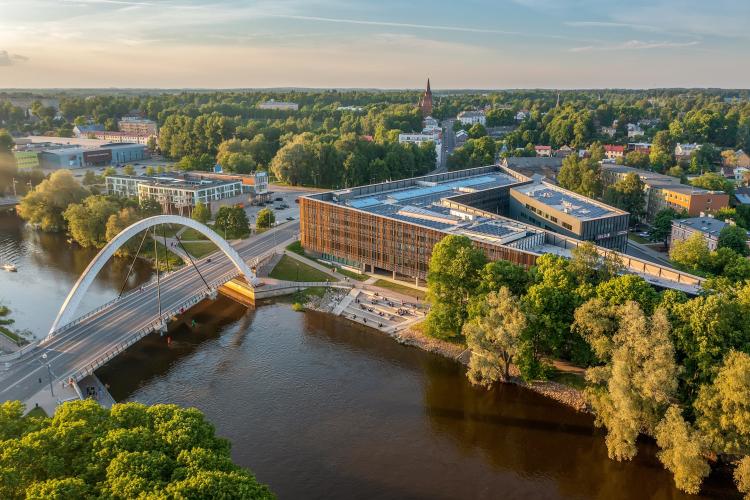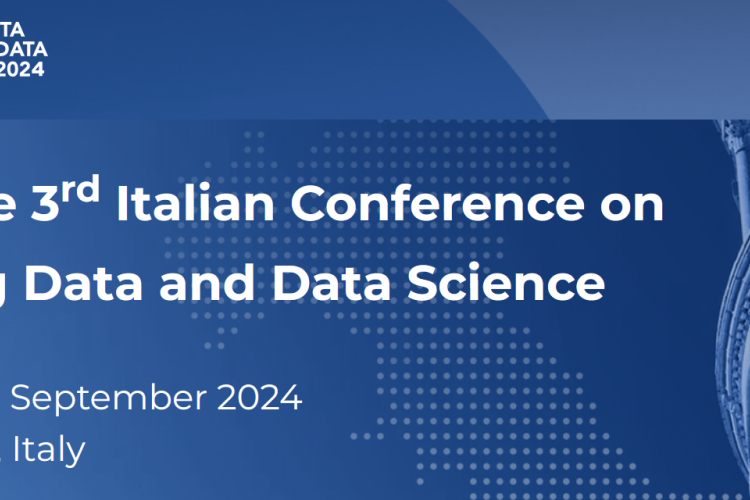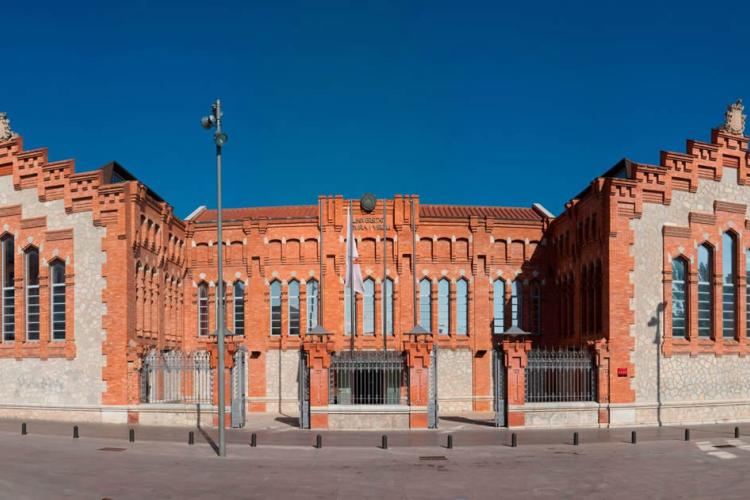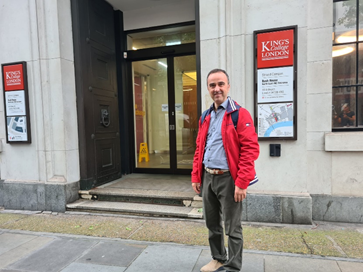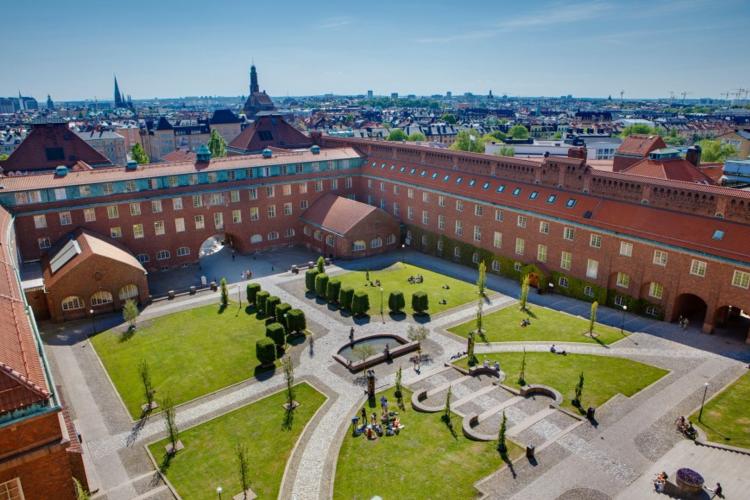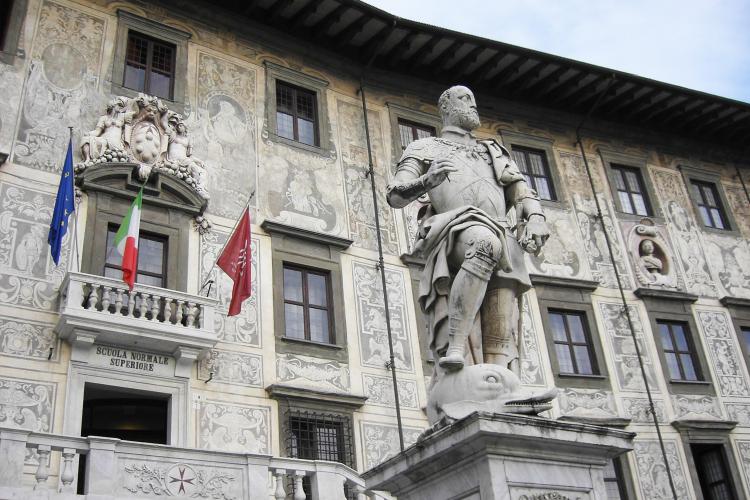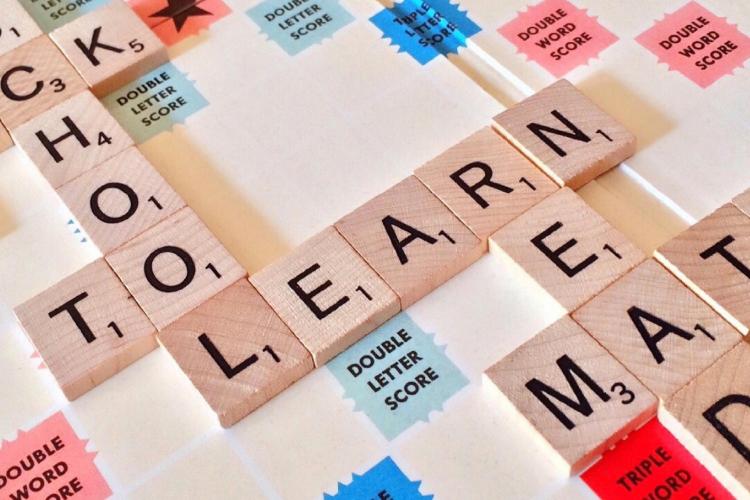Thanks to the generous support provided by the Big Data Research Infrastructure’s Transnational Access (TNA) program, I had the incredible opportunity to carry out a portion of my research at one of the prestigious nodes of the SoBigData Research Infrastructure, located in Tartu, Estonia.
This program opens doors for researchers like me to collaborate with world-class experts, access cutting-edge technologies, and push the boundaries of big data research. Reflecting on my time there, I can confidently say it was a transformative experience.

